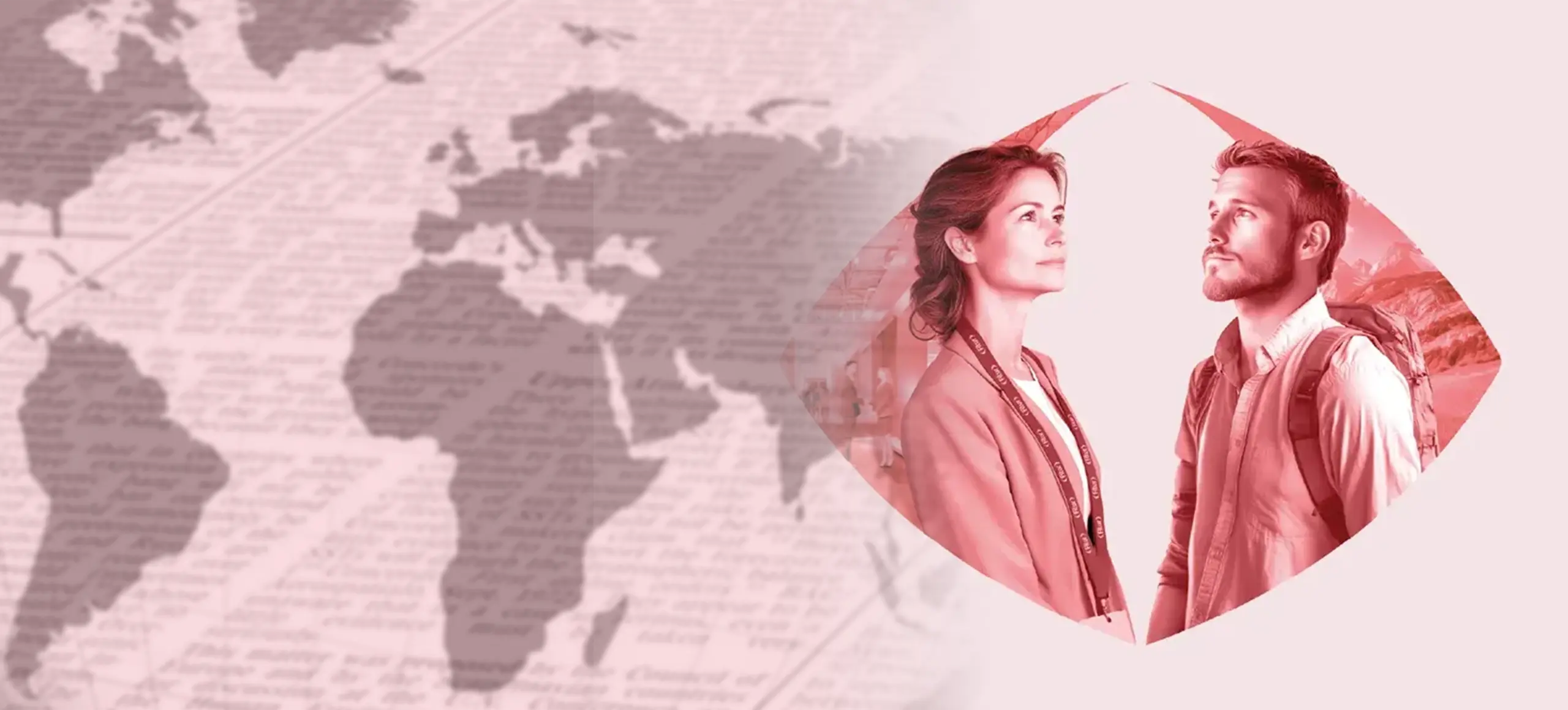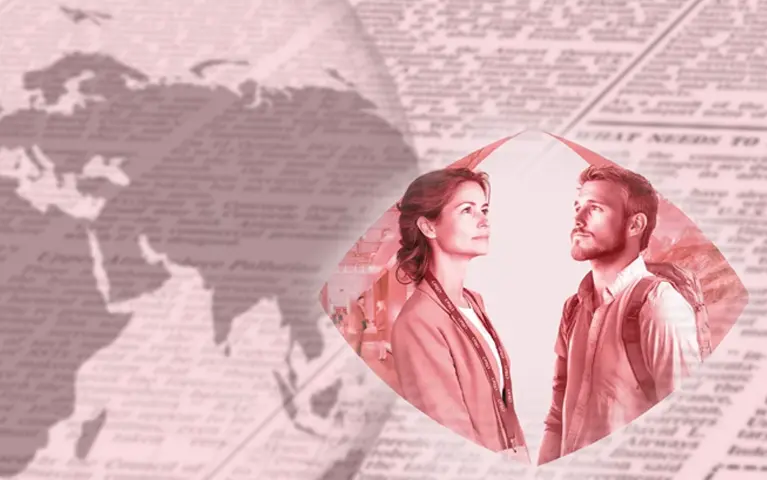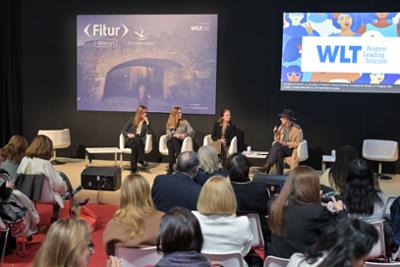

FITUR Woman 2025 Highlights the Role of Female Leadership in Shaping the Future of Tourism

Organized by FITUR in collaboration with Women Leading Tourism, the event concluded with remarks from the Secretary of State for Tourism, emphasizing the need to support women's present and future in the tourism sector.
The 5th edition of FITUR WOMAN underscored today that the future of tourism relies on female leadership. This dedicated space, aimed at highlighting the role of women in the tourism industry, took place within the framework of the International Tourism Trade Fair, held from January 22 to 26 and organized by IFEMA MADRID. According to participating experts, women make up 54% of the tourism sector, yet only a few hold leadership positions.
During the closing session, the Secretary of State for Tourism, Rosario Sánchez Grau, stressed the importance of initiatives like WLT and FITUR WOMAN. She stated, “We must work to secure the present and future of women in the tourism sector.”
Organized by FITUR and Women Leading Tourism (WLT), with the support of Extremadura and under the theme “Tourism: Commitment and Pride of Belonging,” FITUR WOMAN explored the emotional connection between people and tourist destinations and its impact on social well-being and sustainable development in countries, regions, and local communities. Female leadership remained the central theme, with the event featuring prominent leaders from the business and government sectors.
Sustainable tourism, inclusive and participatory
As explained by Maribel Rodríguez, President of WLT, “The tourism sector consists of both men and women, with women accounting for 54%, but only a few hold leadership roles, and just 25% are CEOs.” She emphasized the economic importance of the sector, which “employs one in every ten people on the planet.” Rodríguez also added, “We need to move toward sustainable, inclusive, and participatory tourism that includes all stakeholders and recognizes that leadership is not possible without women.”
Meanwhile, María Guardiola Martín, President of the Regional Government of Extremadura, highlighted that “women’s participation is essential in an industry like tourism, which is key to economic and cultural development, creates wealth, and generates emotions.” She noted that tourism, when used sustainably and responsibly, “is a powerful tool to manage the bond between people and their emotions.” Guardiola also revealed that in 2024, Extremadura set records for visitors and overnight stays with a sustainable and balanced tourism model, creating opportunities for everyone, especially women.
Addressing women’s representation in the sector, Guardiola pointed out that over 60% of leadership positions are held by men, emphasizing, “We still have a long way to go to achieve equality.” She also stated that “in Extremadura, we have already implemented initiatives in this direction” and concluded, “The future of tourism lies in female leadership.”
The Importance of Public-Private Collaboration
FITUR WOMAN also hosted a panel discussion on the challenges of tourism, emphasizing the importance of collaboration. María Lourdes Prieto, President of Mexico’s National Tourism Business Council (CNET), stated, “To protect my country’s natural and cultural wealth, public-private collaboration is essential. For this purpose, we are uniting the private, academic, and public sectors to connect communities with tourist destinations.” She also emphasized that “tourism helps combat poverty.”
Eduardo Santander, CEO of the European Travel Commission (ETC), remarked, “Tourism continues to be a key element in achieving social cohesion.” He elaborated on their efforts to “enhance tourism through marketing programs, research, and development that prioritize quality over quantity.” Santander also pointed out that one of the sector’s major challenges in Europe is “seasonality and environmental sustainability, as well as social sustainability.”
Laura Teruel, Secretary General of the Argentine Chamber of Tourism, stated that her organization “works actively to promote Argentina in different countries, with strong participation from the private sector.” She emphasized the importance of “mixed teams” and explained how the Argentine Chamber continues to seek investments and enhance communications with other countries through airline collaborations.
Alliances to Enhance Women's Role
The importance of alliances to enhance women’s role in the tourism sector was the focus of another panel discussion, moderated by Matilde Almandoz, Vice President of WLT and President of OPC (Spanish Federation of Congresses and Events), featuring, among other experts, Belén Valentín-Gamazo, President of ADEAPE (Spanish Association of Event Staff Agencies), and Teresa García, President of ASEET (Association of Female Executives in Tourism Companies).
FITUR WOMAN also included other presentations and sessions on topics such as Africa Outlook, destinations and culture, sustainable and inclusive businesses; and during the event, the Women Leading Tourism recognitions were awarded to various personalities in the tourism sector. The section also organized a special networking session and provided a platform to share experiences, discuss challenges, and explore new solutions for the future of the tourism industry.




